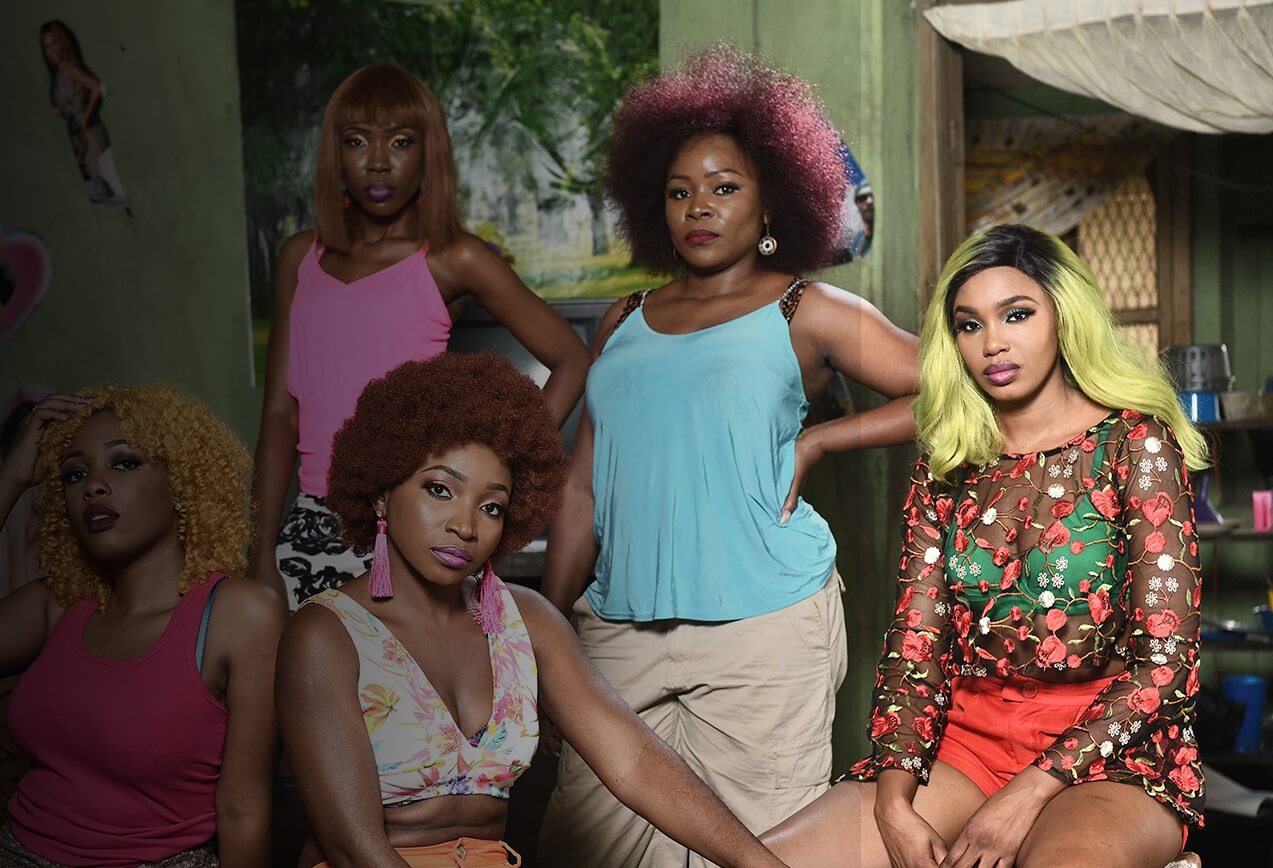Currently in our continent of Africa, there are an abundance of things coming to light - with the recent uproar surrounding SARS to the issues of child labour and associated issues in Congo. One issue that has been argued as the longest and darkest kept known secret to man is the human trafficking industry. Observed as the oldest trade, prostitution and other sex related work continues to lurk and take the lives of thousands of women every year. The film Oloture, now available on Netflix, explored this giving a general insight into this dark world and the people involved in it.
In the movie Oloture is an undercover journalist working for a high profile newspaper in Nigeria - embarking on what is shown to be the hardest part of her job to date. Her aim? To disclose in a piece for "The Scoop", a tell all unpicking the sex trafficking industry in Nigeria - taking down key figures whilst doing so. The film is explicit in demonstrating the brutality and does not hide the harsh reality some of these women go through to get to the end of their goal - which in this case is getting to Europe.
The movies basis is rooted in the story of various journalists including Tobore Ovuorie at the Premium Times. Her own story is almost identical to that portrayed by Oloture, with most women aiming to escape the world of poverty and poor economic conditions.
What is important to note is that this is a real issue that requires addressing in our home nations. Across Africa into Asia to regions of Europe - this is a silent pandemic with many not making it out of this harsh cycle. The success of this movie lies in the conversations it sparks post production. Highlighting triggering issues including rape, sexual assault and the consequences of actions Oloture depicts the harsh reality of generations of women attempting to escape poverty.
The issue of power and the complexity of systems is displayed well in the film, demonstrating the hierarchy and struggle intertwined with corruption. Corruption, a byproduct of colonisation, had and continues to be at the forefront of the issues that are eating away at the people of these nations. Power hungry elites, including those with 'connections', continue to be at the core of hindered growth and development with regards to human rights and economic development of the continent overall. What is clear through the portrayal of human trafficking in Oloutre, one person alone or attempted integration to the said system is not the way forward for abolishment of these corrupt systems. The extent of them and their ability goes beyond what is known by the everyday citizen and therefore requires an upheaval from the people.
Oloture, although a movie that sparks discussion and thought, evidently falls short in some aspects of production and which to some extent causes a dampening of the overall feel of the movie. However, Netflix's inclusion of such a film in the times that we are in provides a beginning for what I hope is a conversation starter as to what needs addressing in our home nations. False portrayal of life abroad and a hope for a better life away from economic hardship, results in the death of thousands of girls and women almost everyday. Rather than making this a taboo in African households, it seems that these are the kinds of conversations that are needed to ensure the lives of more women are protected. Sexual liberation and the topic of female empowerment should too become part of everyday discussions within our homes - allowing freedom and teaching on safety.



